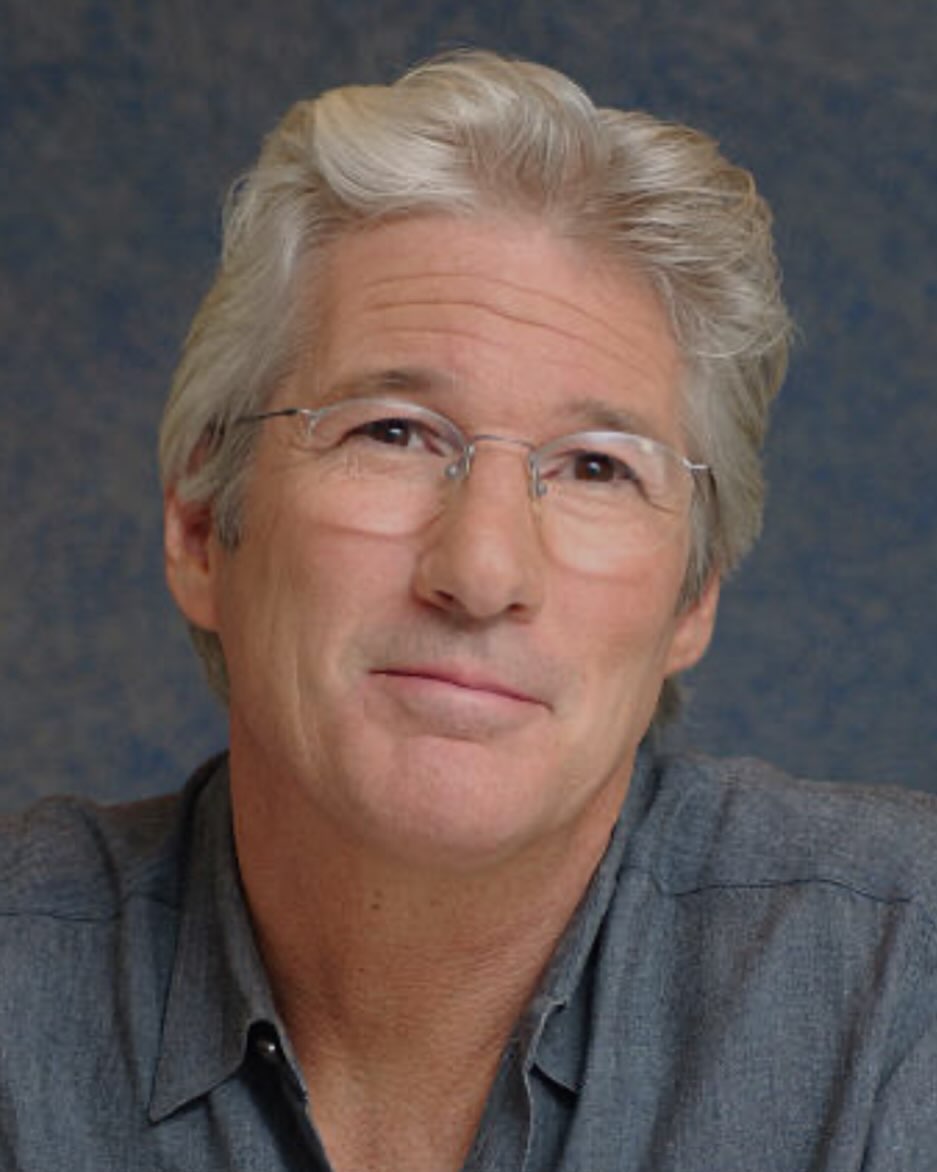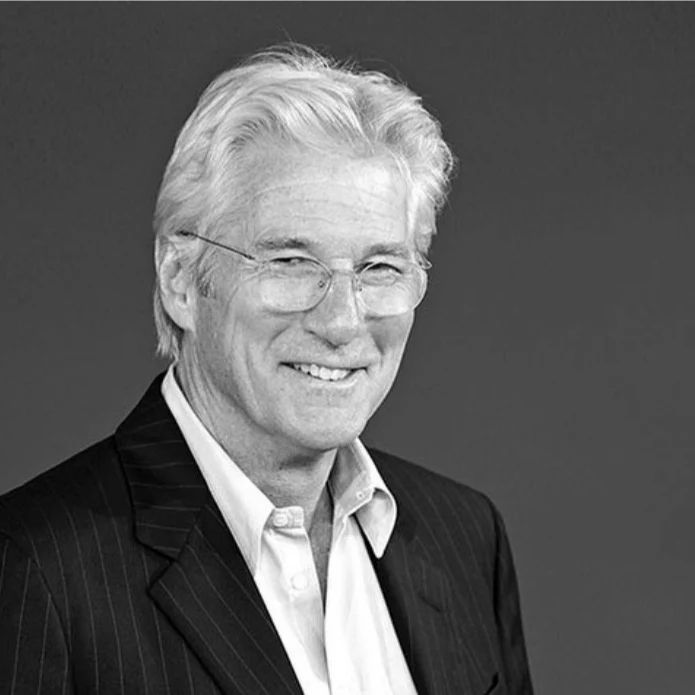A Star’s Vision Meets the Business World
When Richard Gere, acclaimed actor and humanitarian, steps behind the camera, he brings with him a quiet force — a lifelong commitment to compassion and mindfulness. Now living a more reflective life in Spain, Gere has found a rhythm that mirrors the themes of his work: balance, peace, and purpose.
His latest documentary, Wisdom of Happiness, released in October 2025, isn’t just a film about spirituality or serenity. It’s a leadership masterclass disguised as a meditation on humanity.
In conversation with the Dalai Lama and global thinkers, Gere explores how inner peace, empathy, and purpose can reshape the way we live and lead. While the film’s backdrop is philosophical, its applications for business are remarkably practical.
In a world where burnout is the new normal and employee loyalty is fragile, Wisdom of Happiness offers a blueprint for how leaders can cultivate stronger teams, healthier workplaces, and more sustainable success.
The Leadership Crisis of 2025
The timing of Gere’s message couldn’t be more relevant. Across industries, leaders face an unprecedented challenge:
-
70% of employees report burnout symptoms (Gallup, 2025).
-
Trust in leadership has declined for the third consecutive year.
-
And companies are losing billions annually to disengagement and turnover.
The problem isn’t just workload — it’s disconnection. Gere’s film offers an antidote: reconnecting to what makes people — and by extension, organizations — thrive.
From Compassion to Corporate Strategy
1. Compassion: The New Leadership Currency
In Wisdom of Happiness, Gere and the Dalai Lama discuss compassion not as sentimentality, but as strength — the courage to understand and uplift others.
In business, this translates into empathetic leadership, now considered one of the top five leadership skills for the modern workplace. Companies like Microsoft and Accenture have embedded compassion into management training, seeing measurable boosts in engagement and innovation.
When leaders show care — not perform it — employees respond with loyalty and creativity. Compassion becomes a competitive advantage.
Actionable Insight:
Encourage managers to conduct “empathy audits” — short check-ins that prioritize emotional well-being as much as performance metrics.
2. Mindfulness: The Productivity Multiplier
Gere’s documentary argues that peace of mind isn’t the opposite of productivity — it’s the foundation of it. The Dalai Lama emphasizes that calm minds make better decisions, a truth long echoed by business research.
A Harvard study shows that mindful leaders — those who pause, reflect, and act with intention — are 36% more effective at decision-making and 45% better at conflict resolution.
By promoting mindfulness practices, from brief meditations to focused deep-work blocks, companies can enhance concentration and reduce cognitive overload.
Actionable Insight:
Introduce “Wisdom Breaks” — 10-minute reflection sessions during the workday, inspired by Gere’s message, to help employees reset mentally before major meetings or deadlines.

3. Purpose: The Hidden Engine of Performance
One of Gere’s central themes in Wisdom of Happiness is that fulfillment is more powerful than ambition. This aligns perfectly with what top organizations are discovering: purpose drives performance.
Companies like Patagonia, Unilever, and Deloitte have embedded “Purpose Statements” into their corporate DNA, connecting profit to positive impact. Employees who understand how their work contributes to a bigger mission are five times more engaged and far less likely to leave.
Actionable Insight:
Incorporate Gere’s principle of “Purpose Beyond Self” into leadership development programs — encouraging executives to link their personal values with company goals.
From Screen to Strategy: Implementing Wisdom of Happiness at Work
Turning Gere’s message into tangible corporate strategy requires more than inspiration — it demands intentional action. Here’s how forward-thinking businesses can integrate his philosophy:
-
Workplace Screenings and Reflection Sessions: Host internal viewings of Wisdom of Happiness, followed by facilitated discussions on leadership, empathy, and resilience.
-
Leadership Coaching Inspired by Mindfulness: Adapt key film principles — calm under pressure, awareness, and compassion — into executive training modules.
-
Create “Mindful Metrics”: Measure success not only by profits but also by psychological safety scores, employee retention, and engagement quality.
-
Encourage Purpose-Based Goal Setting: Ask teams to define how their projects contribute to human well-being, community impact, or personal growth.
These initiatives bridge cinematic philosophy with actionable change — creating workplaces that perform because they care.
Why Richard Gere’s Message Resonates with CEOs
Richard Gere has long embodied a brand of leadership rooted in authenticity. Unlike corporate influencers, he doesn’t preach success — he practices awareness. That authenticity gives Wisdom of Happiness extraordinary credibility among business leaders who are searching for meaning amid metrics.
In today’s corporate landscape, where leaders are expected to be both strategic and human, Gere’s voice cuts through the noise. His message: to lead well, you must first be well.
Executives who embrace this ethos are discovering that profitability and purpose are not opposites — they are partners.
The Future of Leadership: Soft Skills, Hard Impact
The next generation of leadership will be defined not by charisma or control, but by clarity and connection. Gere’s film is a reminder that the most powerful tools in business — empathy, patience, and purpose — can’t be automated or outsourced.
Forward-thinking companies that internalize this mindset are already seeing results:
-
Better talent retention.
-
Healthier workplace cultures.
-
And brand loyalty rooted in trust, not transaction.
Wisdom of Happiness may be a documentary, but its true value lies in its potential to become a management philosophy — one where humanity fuels innovation.
Conclusion: The Business of Being Human
In a century dominated by data and disruption, Richard Gere’s Wisdom of Happiness arrives as a quiet revolution — a call for leaders to pause, breathe, and rediscover the human heart behind the corporate machine.
Its message to executives is simple yet radical:
A mindful company isn’t just a kinder place to work — it’s a smarter way to lead.
National Boss’s Day, leadership summits, and HR conferences in 2025 could all benefit from this shift — one that replaces fear with trust and pressure with purpose.
In the end, Gere’s film doesn’t just redefine happiness. It redefines success.













